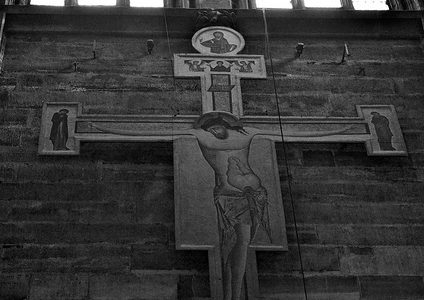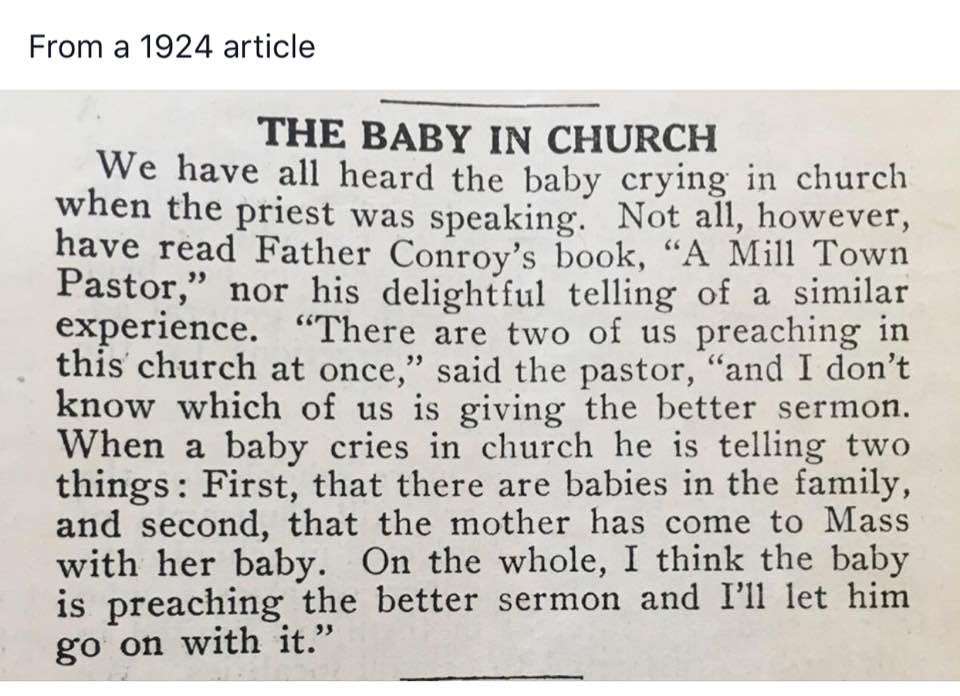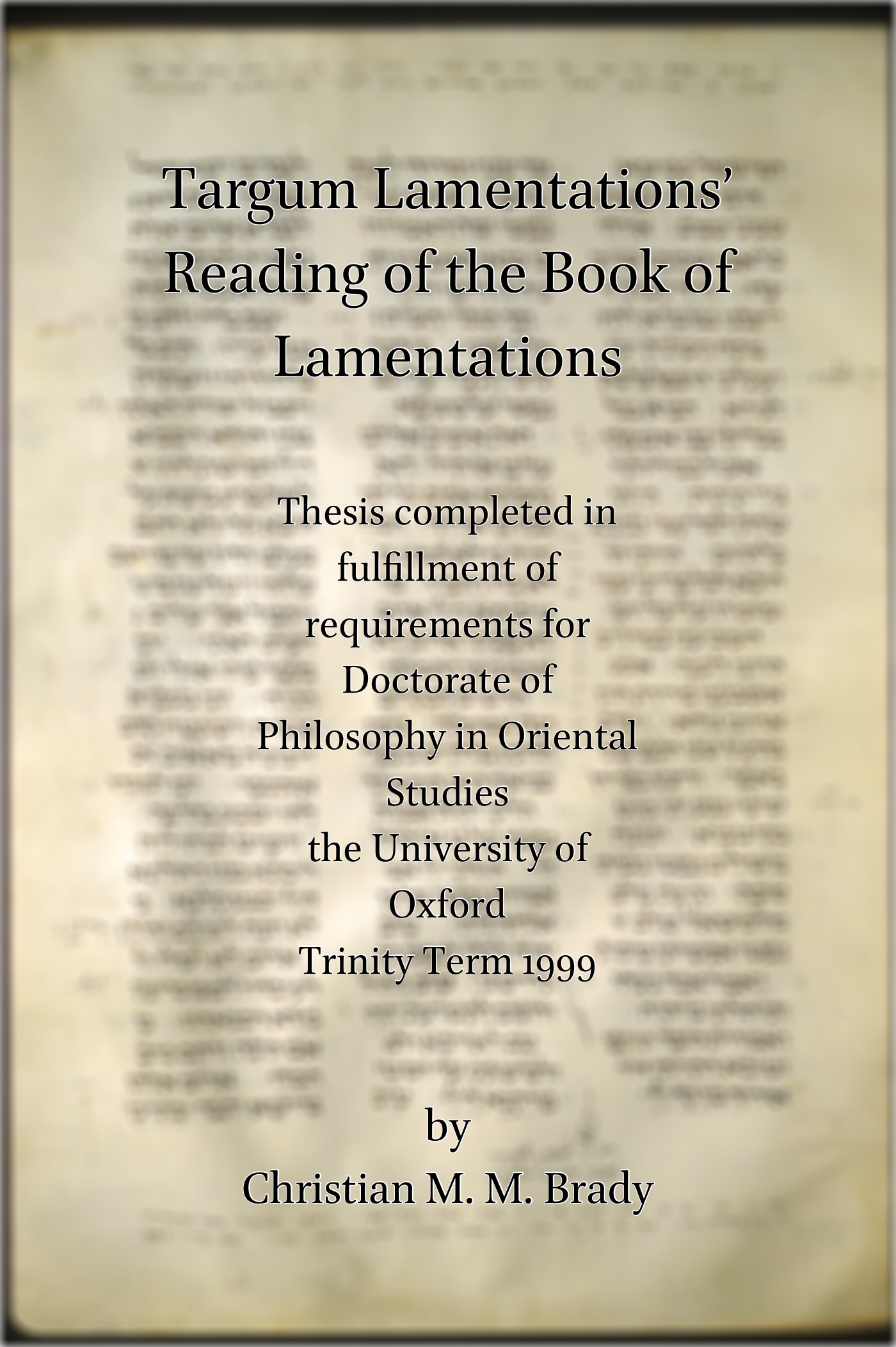“The Son of God suffered unto the death, not that men might not suffer, but that their sufferings might be like His.”
George MacDonald, Unspoken Sermons. First Series. As cited in CS Lewis, The Problem of Pain, (New York: Macmillan, 1947), p. vi.
Cited by CS Lewis in the frontispiece of The Problem of Pain. I am not sure what I make of the statement. Humanity had already been suffering for millennia by the time Jesus came, so is GM saying that by coming Jesus took it on as his own, so that he might suffer as we have? Would it be: “…not that men might not suffer, but that His suffering might be like theirs…”? However this statement is understood, knowing GM’s work somewhat, I think the point to be made is that just as we suffer, Jesus has suffered and in so doing, in some way, sanctifies the experience.
Is it?
I found a copy of this MacDonald collection on Gutenberg site. The quote there is a slight bit different. (For one thing, it is part of a sentence that goes on for 30 lines. No kidding.) In that version it is:
“…who suffered unto the death, not that men might not suffer, but that their suffering might be like his, and lead them up to his perfection….”
In the context GM is talking about Moses being unable to see the face of God. (“But in either case, how much could Moses have understood, if he had seen the face instead of the back of that form that passed the clift of the rock amidst the thunderous vapours of Sinai? Had that form turned and that face looked upon him…”) there then follows a long series of descriptors of God, “the face of him who…” including “the face of the Son of God who, instead of accepting the sacrifice of one of his creatures to satisfy his justice or support his dignity, gave himself utterly unto them….” Our quote is then in that section.
Lewis leaves out the clause that follows and seems vital to understanding GM’s sentiment. He suffered and died “that their suffering might be like his, and lead them up to his perfection.” As I read it then in full, the Son of God’s death and suffering sanctifies ours, transforming our suffering into a kind of purification that helps to bring us “up to his perfection.” Quite a difference.
I admit that this is an understanding of Jesus’ suffering and our own that I do not yet fully understand. The conception that our suffering helping to bring about salvation seems misguided to my Reformed-formed mind and heart (cf. Phil. 3:10-11 “I want to know Christ and the power of his resurrection and the sharing of his sufferings by becoming like him in his death, if somehow I may attain the resurrection from the dead.”) But again, perhaps that is not what GM has in mind.
December 30, 2019 – Almost a year later, I would add to this discussion the following from Hebrews, which the Revised Common Lectionary assigns for the First Sunday After Christmas Day. The Preacher clearly lays out why the Great High Priest had to become flesh, because we are flesh, and to suffer, because we suffer. Almost the opposite of MacDonald’s formulation.
Heb 2:14 Since, therefore, the children share flesh and blood, he himself likewise shared the same things, so that through death he might destroy the one who has the power of death, that is, the devil, 15 and free those who all their lives were held in slavery by the fear of death. 16 For it is clear that he did not come to help angels, but the descendants of Abraham. 17 Therefore he had to become like his brothers and sisters in every respect, so that he might be a merciful and faithful high priest in the service of God, to make a sacrifice of atonement for the sins of the people. 18 Because he himself was tested by what he suffered, he is able to help those who are being tested.






One thought on “Why did the Son of God Suffer?”
It’s so “our sufferings might be like his.” So, the question is, What was Christ’s suffering’s like? And the answer is, in a word – ‘accepted’. Christ voluntarily, willingly accepted the suffering that is a part of being. He accepted his fate. He died with arms wide open. Why? So that we may do the same. Now, we suffer like Christ. We willingly accept the suffering that is a part of life. We take it on ourselves. We accept our fate. With arms open. Willingly, we take up our cross and we die.